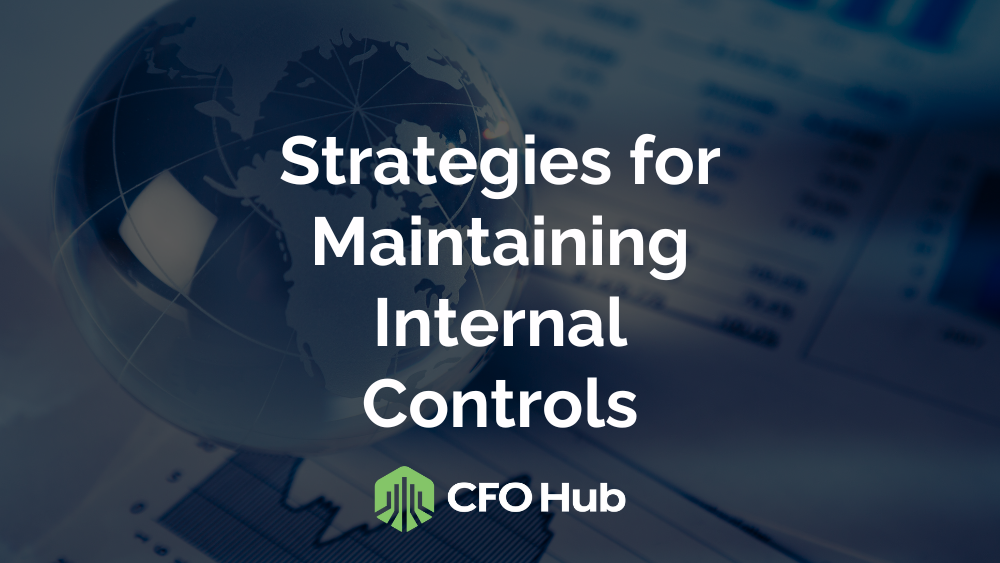Internal controls are the backbone of any successful organization. They’re a series of interconnected policies, procedures, and activities designed to mitigate risks, ensure financial accuracy, and promote regulatory compliance. Maintaining effective internal controls isn’t a one-time exercise; it’s an ongoing process that requires vigilance and adaptation.
So, how can you ensure your internal controls remain robust and relevant as your business evolves? Here are some key strategies:
- Conduct Regular Risk Assessments:
The threat landscape is constantly changing. Regularly assess your internal controls to identify emerging risks and vulnerabilities. Consider factors like industry trends, new regulations, and changes in your business operations. Adapt your controls accordingly to address these evolving risks. - Strengthen Segregation of Duties:
This cornerstone of internal control prevents fraud and errors by ensuring no single individual has complete control over a financial transaction. Review your current setup and ensure tasks like authorization, approval, and execution are handled by different individuals. - Invest in Employee Training:
Empower your employees to be active participants in upholding internal controls. Provide ongoing training on your control procedures, their importance, and how to identify and report potential breaches. - Leverage Technology:
Technology can be a powerful tool for strengthening internal controls. Utilize automation for repetitive tasks to reduce human error, implement access controls to safeguard sensitive data, and invest in software that facilitates monitoring and reporting. - Foster a Culture of Compliance:
Create a work environment where ethical behavior and adherence to internal controls are prioritized. Communicate the importance of controls regularly, celebrate successes, and encourage open communication of potential issues. - Conduct Internal Audits:
Regular internal audits provide an independent assessment of the effectiveness of your internal controls. These audits identify weaknesses and provide valuable insights for improvement. - Stay Up-to-Date on Regulations:
Regulatory changes can impact your internal controls. Stay informed about relevant regulations and adapt your controls accordingly to ensure compliance. - Continuously Monitor and Improve:
Internal controls are dynamic, not static. Continuously monitor their effectiveness, identify areas for improvement, and implement necessary changes. This ensures your controls stay relevant and adapt to your evolving business needs.
Remember:
Maintaining effective internal controls is an ongoing journey, not a destination. By implementing these strategies, you can foster a culture of compliance, mitigate risks, and build a foundation for sustained business success.
Beyond the Basics:
- Consider performing cost-benefit analyses to evaluate the effectiveness and efficiency of specific controls.
- Encourage open communication and reporting of potential control weaknesses.
- Utilize data analytics to identify trends and anomalies that might indicate control breaches.
- Seek guidance from external auditors or compliance professionals for complex issues.
By taking a proactive and comprehensive approach to maintaining internal controls, you can navigate the ever-changing risk landscape with confidence and safeguard your business from harm.
Need expert assistance in maintaining robust internal controls for your business? Partner with CFO Hub, your trusted outsourced accounting services provider. Contact us today to strengthen your internal processes and mitigate risks effectively!
Mark is an accounting and finance professional with over a decade of experience in public accounting and consulting. As both an accountant and entrepreneur, he is passionate about helping clients strategically organize and grow their businesses to reach their goals.
Visit Mark's Expert Hub to learn more about his experience and read more of his editorial content

